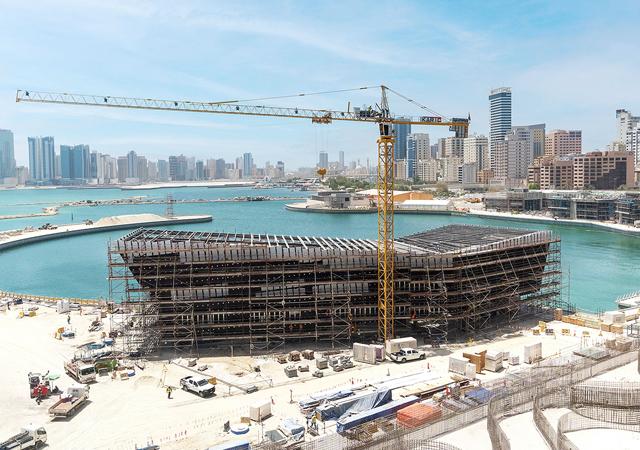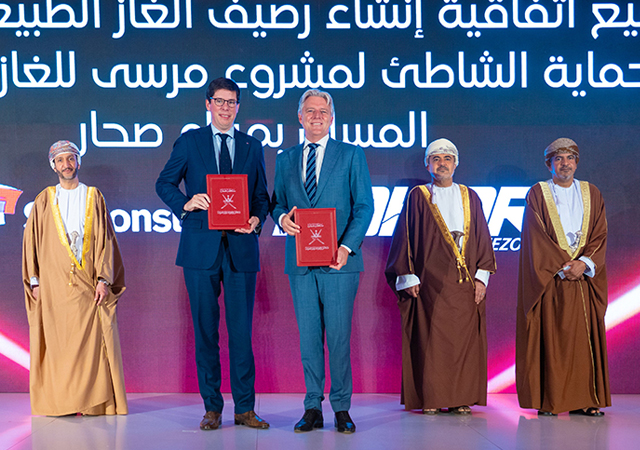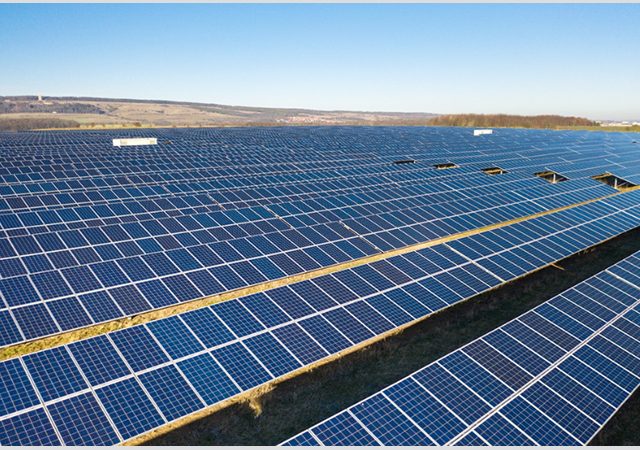
 A reinforcement fabricator ... must maintain the traceability of the steel.
A reinforcement fabricator ... must maintain the traceability of the steel.
THERE is an increasing demand in the market that reinforcing steel should both meet the more traditional requirements of strength, ductility, weldability and bond as well as provide assurance of its quality throughout its manufacturing and processing history.
With full product traceability often required, all Cares-approved firms are organised and independently audited in order to demonstrate that steel used in the production of orders delivered to site can satisfy the contractor, designer and construction client in this respect.
The properties of the steel itself are determined principally by the steel manufacturer. This fact is important for steel reinforcement and consequently, the certification of the steel manufacturer has grown in importance. The problems of steel not supplied via an approved supply chain might include the material failing to comply with the product standard; abuse of manufacturer’s certificates of testing, including fraudulent documentation; and excessive variability in mechanical properties.
Sourcing steel
With reinforced steel now sourced from manufacturing bases worldwide, steel is transported ever greater distances, depending mainly on its price. This provides for a greater attraction in purchasing steel from ‘places of dubious origin’, with a consequent increased risk of non-conforming product. Steel may be made using materials and processes that can readily result in reinforcement that does not comply with the product standard or other customer requirements. It is, therefore, increasingly wise to purchase from properly certificated sources.
This also applies to sustainably manufactured steel. In order to ensure that sources are operating in a sustainable manner, Cares has developed a sustainable reinforcing steel scheme that quantifies the environmental impact of the reinforcing steel supply chain. One such quantitative measure is the carbon footprint. In the absence of a national or international standard, Cares has developed a methodology that will enable firms in the reinforcing steel supply chain to establish their carbon footprint data in a consistent and transparent way.
Carbon footprint tool
Life-cycle thinking considers the environmental impacts at all stages of a product’s life. A life-cycle analysis (LCA) provides transparent, quantitative and verifiable data and should be critically reviewed in accordance with ISO standards. It should then be possible to make functionally equivalent comparisons, resulting in something more than just a declaration of ‘environment-friendliness’.
The life-cycle assessment of a product can vary significantly depending on who prepares the data, what assumptions have been made, which method of calculation was used and where organisational boundaries are drawn. With this in mind, Cares has worked with a global company that provides LCA consulting services and environmental reporting tools to develop a tool to assess the carbon footprint of reinforcing steel products.
Processing steel
The reinforcement fabricator is extremely important in the supply chain, providing the link between the manufacturer and the construction site. A reinforcement fabricator must:
• Ensure steel used is from an acceptable source;
• Maintain the properties of the steel during processing;
• Accurately cut and bend;
• Control conditions of prefabrication, including welding; and
• Maintain the traceability of the steel.
He must, therefore, ensure that purchased material complies with specified requirements by buying only from trusted and properly certificated manufacturers. This negates the need for further inspection and testing at site, which may be extremely costly in more ways than one. Contractors failing to do so, by purchasing from companies that are not suitably certificated, would put the onus of satisfaction onto themselves.
Prefabrication
Designers, engineers and contractors are increasingly seeing the benefits of specifying pre-assembled welded fabrications to improve on-site productivity. Under controlled conditions, welding can provide: efficient joining of reinforcement, robust enough to survive transportation, lifting and installation; and when required, load-bearing joints can be produced to specified strength levels.
Control of the welding processes is vital. Incorrect welding procedures can lead to degradation of material properties, whether the welds are locational (tack) welds, or structural welds. For this reason, all welding of reinforcing steels requires strict adherence to proven welding procedures and an acceptable level of welder competence.
Traceability
The supply chain for reinforcing is short but complex, with steel coming from a number of manufacturers, including rollers, via stockists and fabricators that may include steel from a number of manufacturers into any one bundle of cut-and-bent steel before it is delivered to site.
The structure of the Cares Steel for the Reinforcement of Concrete scheme ensures that only steel from certificated manufacturers is stocked and used; and all steel used in the manufacture of cut-and-bent and prefabricated products is traceable to product delivered to site.
Cares requires that cast identity of reinforcing steel – that is, identity relating to steel manufactured at a particular time, by a particular process and to a particular manufacturing site – be retained by the reinforcement fabricator up to the point of delivery to site and that manufacturing records permit the cut-and-bent bars and prefabricated units, ready for fixing, to be traced back to the cast or casts from which they have been fabricated. This applies to each and every Cares-approved reinforcement processor, and is achieved by recording the cast numbers against each bar schedule in the delivery. Such information is retained in the processor’s internal documentation. In consequence, the manufacturer’s certificates of test for this steel need not be passed on to the contractor, but can be referred to when required.
Taking all this into account, the use of suitably certificated firms means that a purchaser can gain assurance that the required steel is being delivered.
Those interested in reinforcing steel, its performance, processing, sustainability etc, can find an invaluable and easy-to-understand guide on the Cares website: www.ukcares.com. The guide has become a training tool for many engineering practices worldwide.
• The UK Certification Authority for Reinforcing Steels (Cares) is an independent, not-for-profit certification body, established in 1983 to provide confidence to the users, purchasers and specifiers of constructional steels through a regime of regulation, testing and inspection.






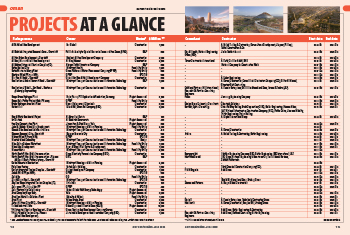



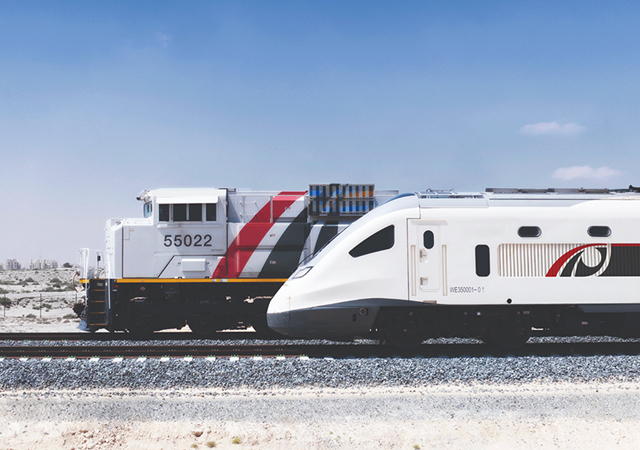
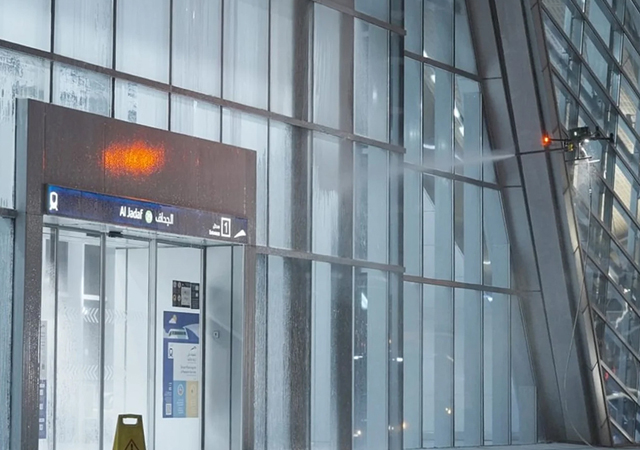

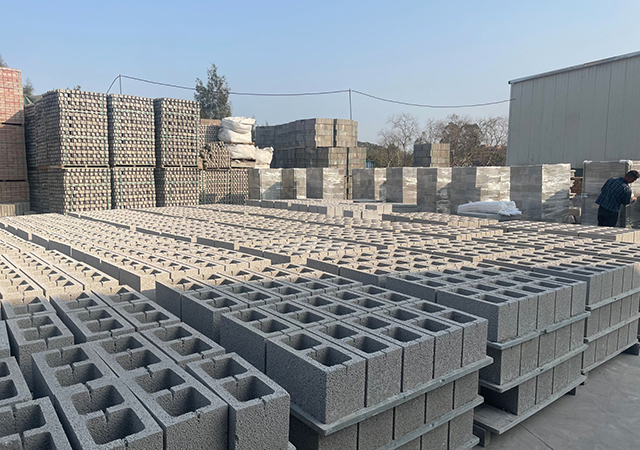
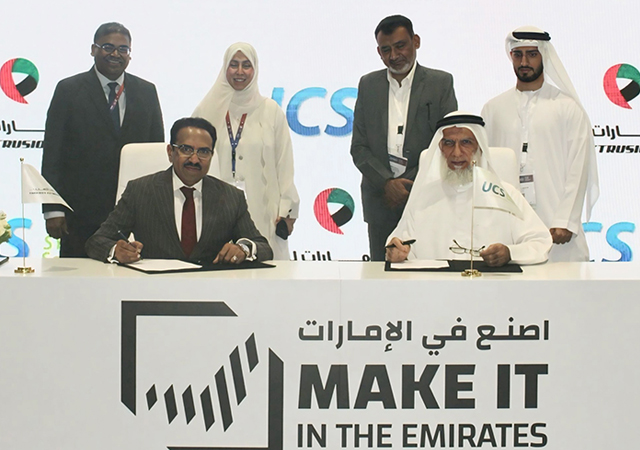

.jpg)
.jpg)
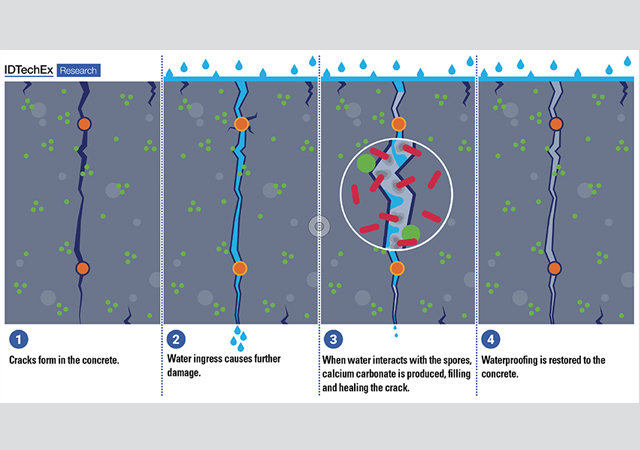
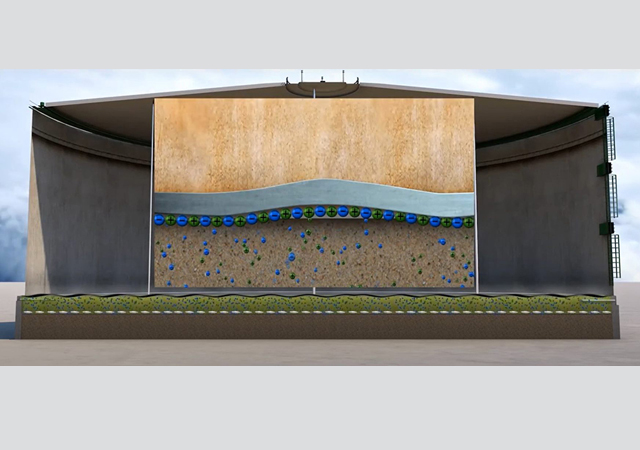
.jpg)
.jpg)
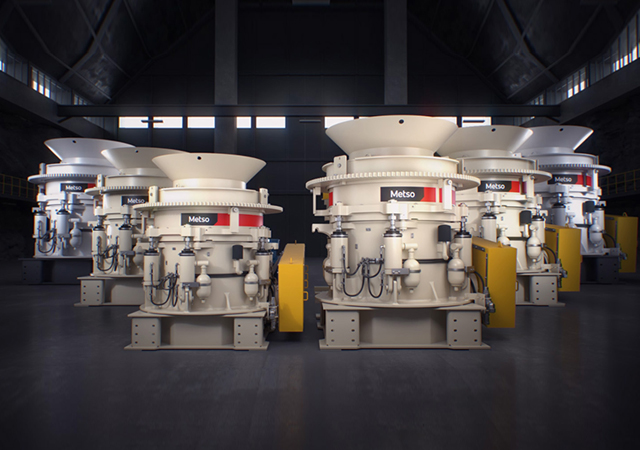
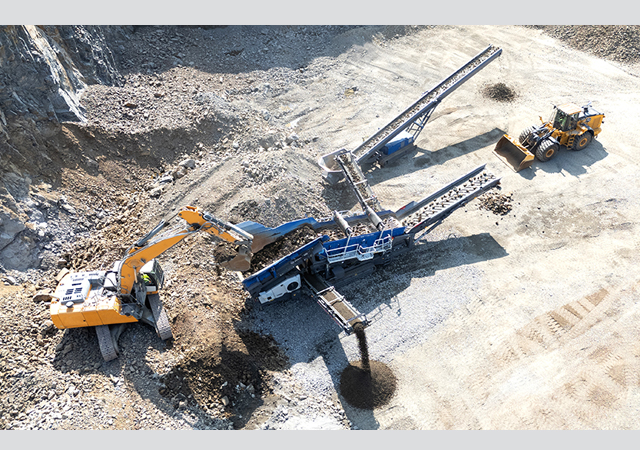
.jpg)
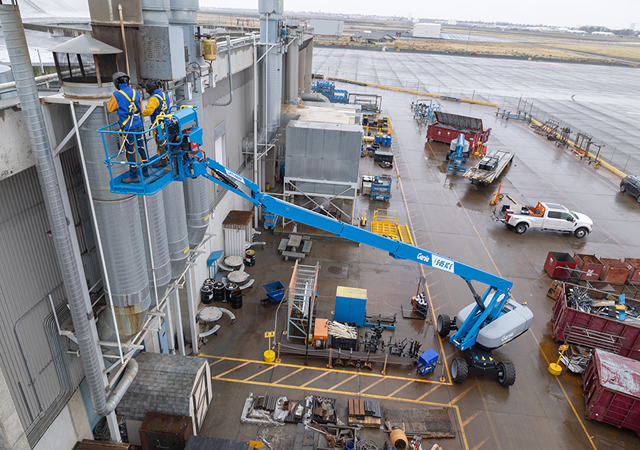
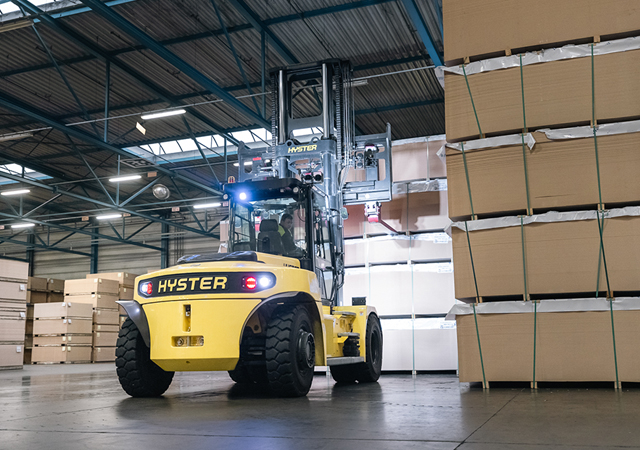
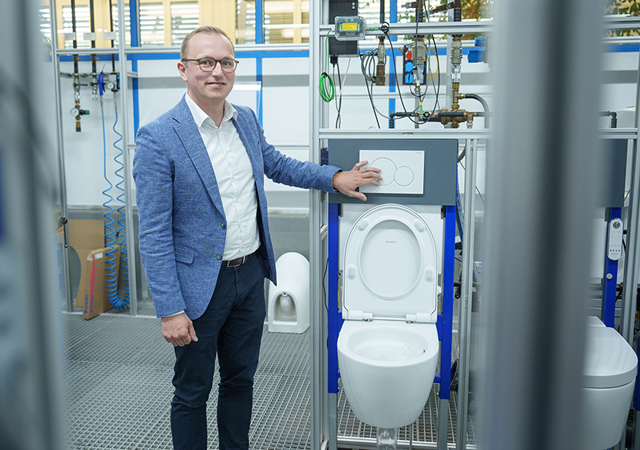

 Doka.jpg)



